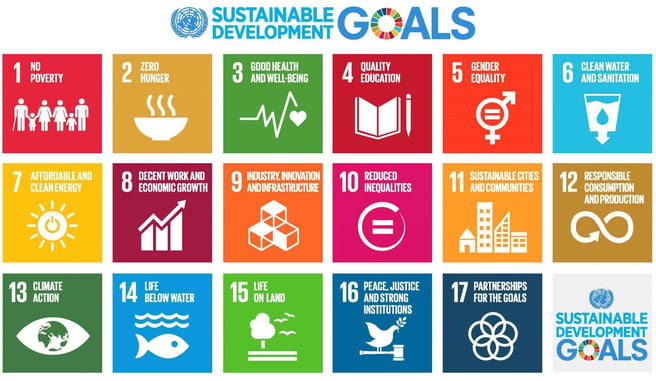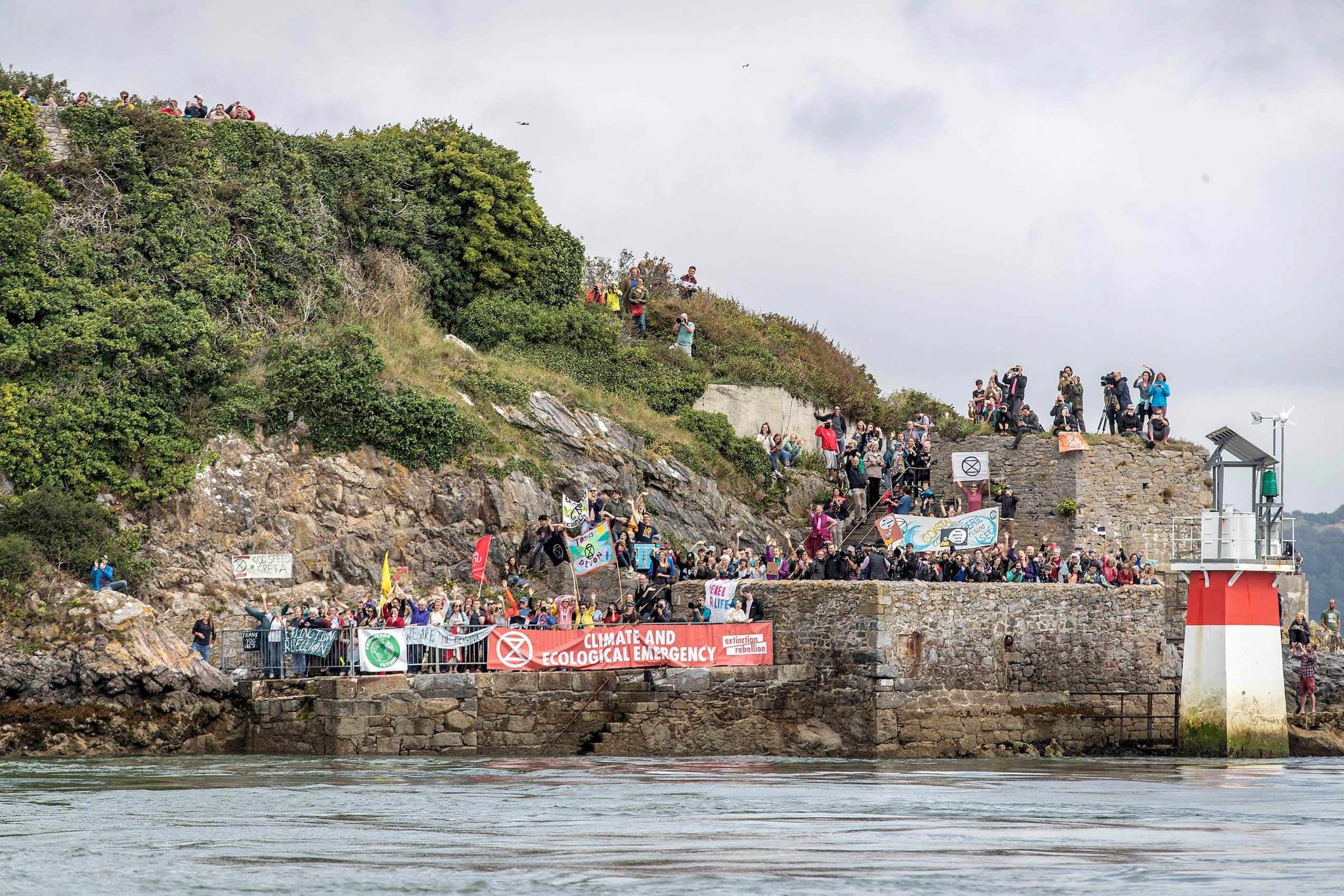In 2015, governments across the world universally adopted the United Nation’s Agenda 2030. The agenda consists of 17 high-level targets known as the UN Sustainable Development Goals (SDGs) and contains a self-imposed deadline of 2030.
To the uninitiated, the SDGs feature across society in several ways, with almost all corporate entities aligning their sustainability efforts with goals relevant to them. For example, software giant SAP one of Right Formula’s clients – commit to using the SDGs with a focus on eight specifically.
So where does sport fit into society’s contribution to a more sustainable future? The UN once cited that “sport is an important enabler of sustainable development”, and it’s true that sport naturally enables some SDGs more than others such as Good Health and Well-Being, but amid COP26, it’s Climate Action that’s at the forefront of everyone’s minds. In a society that is increasingly demanding climate action from the brands and entities that they interact with, this is an area sport needs to take more action in.
Reflecting on this ahead of COP25 in 2019, and in the middle of a media scrum ahead of her transatlantic sailing trip, I asked Greta Thunberg what she thought sport’s contribution to climate change could be. Up to then, 99% of the questions posed to her were worded to get a soundbite about her attitude towards Donald Trump, so the sport question was clearly not a topic she had fielded before. She responded by saying that sport “has the ability to engage with billions of people” and therefore “has a significant opportunity to educate people about climate change and what actions they can take to help address it”.

I agree with Greta, and anyone who is prepared to slum it on a racing boat without a toilet across the Atlantic to prove a point goes up in my estimation. I did, however, wonder if in some developed countries people still need to be educated about climate change, and when I saw all the comments questioning how a boat made from carbon fibre could make a zero-carbon crossing, I realised that improved climate literacy is required.
When it comes to COP26 – which stands for ‘Conference of Parties’ and ’26’ referring to the 26th annual meeting on climate change – leaders are submitting their national plans to show their progress (or lack thereof) since committing to a legally binding carbon reduction agreement constructed to limit global warming by 1.5 degrees, known as ‘The Paris Agreement’. I expect that countries in general will not be on track and renewed efforts and urgency are needed.
So where does sport fit into this and how is the sector faring in relation to governments?
Firstly, it is worth noting that almost all sports will be negatively impacted by climate change. As a net contributor to greenhouse gas emissions, with billions participating, travelling and watching sport globally, added to the significant infrastructure and supply chain, they are also part of the problem.
As well as the obvious threats to winter sports, other pursuits will be directly affected by climate change with increasing temperatures making some competitions impossible to perform at. Increased frequency of severe weather has cancelled numerous events and for the masses, the participation and competition window decreases.

The UN recognised the role that sport must play and as a result, at COP24, it launched the UN Sports for Climate Action Framework. With now close to 300 signatories, there certainly seems to be an appetite in the rights holder community. Two years on, however, the UN are tightening the requirements to participate, ensuring sports have clear commitments as well as measuring and reporting their carbon emissions, to ensure action is taken beyond the inevitable press release announcing participation.
By my estimates, around 30% of rights holders participating in the Framework have climate action plans, with the rest participating to learn from others. All have commitments from the head of the organisation, and it is certainly an opportune time for strategic partnerships to be forged, with climate action central to the mission of both parties.
At Right Formula, we exist to ensure sports and entertainment investment drives business performance. This incorporates sustainability, climate action and purpose. We believe authentic delivery and effective communication around these subjects are crucial to enable sport to become net positive at a time when expectations in these areas are at an all-time high.
In high performance sport we often talk about marginal gains, but for addressing climate change, we will need to take giant strides.
